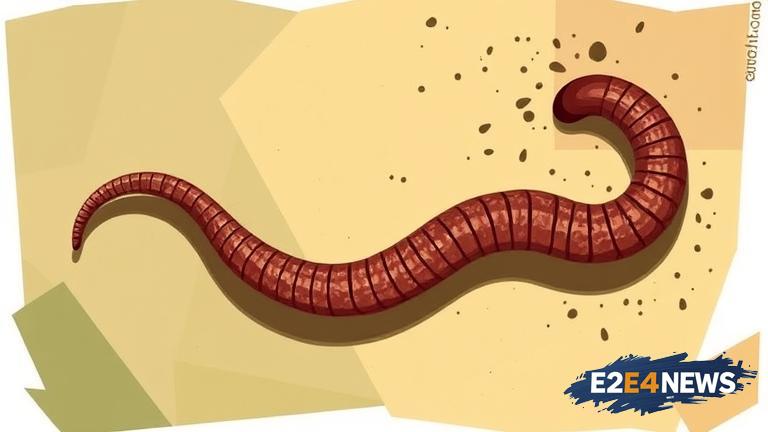The United States has recently confirmed its first travel-associated human screwworm case, which has been linked to a Central American outbreak. This development has raised concerns among health officials and the general public about the potential spread of the parasite. The screwworm, also known as Cochliomyia hominivorax, is a parasitic fly that can infest humans and animals, causing significant harm. The case was reported in a person who had recently traveled to Central America, where the outbreak is ongoing. The US Centers for Disease Control and Prevention (CDC) has confirmed the diagnosis and is working closely with local health authorities to monitor the situation. The screwworm parasite is typically found in tropical and subtropical regions, and its presence in the US is a rare occurrence. However, the recent case highlights the importance of vigilance and prompt reporting of suspicious symptoms. The parasite’s life cycle involves the deposition of eggs on the skin of a host, which then hatch into larvae that feed on the host’s tissue. If left untreated, the infestation can lead to serious health complications, including tissue damage and secondary infections. The CDC has advised travelers to Central America to take precautions to avoid exposure to the parasite, such as wearing protective clothing and applying insect repellent. Health officials are also urging healthcare providers to be aware of the symptoms of screwworm infestation, which can include pain, swelling, and discharge at the site of the wound. The US Department of Agriculture (USDA) has also been notified, as the parasite can affect livestock and other animals. The agency is working to prevent the spread of the parasite to animal populations. The confirmation of the travel-associated human screwworm case in the US has sparked concerns about the potential for further cases, particularly among travelers to affected areas. The CDC is emphasizing the importance of prompt reporting of suspicious symptoms and is working to raise awareness about the risks associated with the parasite. The agency is also collaborating with international partners to monitor the outbreak and share information on prevention and control measures. The screwworm parasite is a significant public health concern, and its presence in the US highlights the need for continued vigilance and cooperation between health authorities and the public. The US government is taking steps to prevent the spread of the parasite, including enhancing surveillance and monitoring efforts. The CDC is also providing guidance to healthcare providers on the diagnosis and treatment of screwworm infestations. The agency is emphasizing the importance of early detection and treatment to prevent serious health complications. The public is being advised to take precautions to avoid exposure to the parasite, particularly when traveling to affected areas. The US is working closely with international partners to share information and coordinate efforts to control the outbreak. The screwworm parasite is a significant threat to public health, and its presence in the US highlights the need for continued cooperation and vigilance. The CDC is committed to protecting the public’s health and is working tirelessly to prevent the spread of the parasite. The agency is urging everyone to take precautions to avoid exposure and to report any suspicious symptoms promptly. The US government is taking a proactive approach to addressing the outbreak, and the public is being advised to remain vigilant and take necessary precautions. The screwworm parasite is a serious public health concern, and its presence in the US is a reminder of the importance of global cooperation and vigilance in preventing the spread of infectious diseases.
